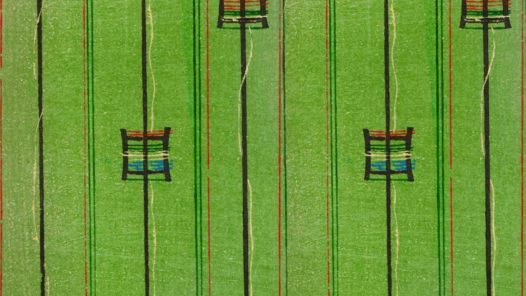When Audrey was growing up in Philadelphia, Pennsylvania, in the late 1990s, it seemed that everyone around her used the word jawn as an all-purpose substitute for other words, as in I took my jawn to the jawn and we had a bunch of jawns...
What happens in a classroom of refugee and immigrant youngsters learning English? Their fresh approach to language can result in remarkable poetry — some of which is collected in the anthology England: Poems from a School. Also, new language among...
Synanthropes are creatures that live and thrive close to humans but aren’t pets — animals such as pigeons, raccoons, and rats. Synanthrope comes from Greek words that mean “with” and “human,” and has been around since...
Tim in Unadilla, New York, says his grandmother used to say It’s a great life if you don’t weaken. For some reason, in 1914 this catchphrase exploded on both sides of the Atlantic. Other versions: It’s a gay life if you don’t...
An email from Sam Rittenberg in New York, New York, describes his mother’s use of borrowed day, a term so closely associated with her that her family had it inscribed on her tombstone. This is part of a complete episode.
Duncan from Brooklyn, New York, says his friends use dumb to mean “really” and brick to mean “cold.” This use of dumb goes back at least to the 1700s, and was originally a euphemism for damn. Stupid has been used as an...







